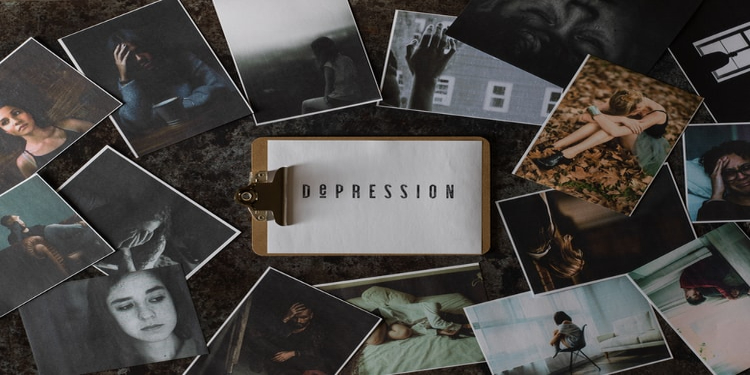
Living Alongside Mental Health Disorder
Depression can arise from many sources: childbirth, bereavement, relationship issues, financial concerns, work or the lack of it.
There are so many people struggling with everyday worries and stress which, when coupled with a significant life experience, can boil over and have a detrimental effect on anyone. Some people will seek help with this, however there are a large number who continue on in denial to an unhealthy and potentially dangerous degree.
Watching the slow decline of a loved one and the change in their behaviour and personality can be both distressing and terrifying, particularly if the individual is becoming abusive. Their self-respect may wane, neglect may creep in, their personal hygiene may deteriorate, their sleep pattern may become erratic.
You still love this person, but it is hard to recognise them as the person you know. Children in circumstances such as these can find the changes even harder to process and accommodate. Contacting social services can seem unthinkable; to have a loved one sectioned and a family broken apart is a dreadful thought.
One client talked me through her own situation of living alongside mental health.
Her husband was suffering with depression and the solidity of her marriage had declined as a result of his denial and refusal to accept help. He would say that any worries she had were all in her mind and that the problem lay with her.
She regularly visited her general practitioner for over a year, desperate to get her husband the help he needed, but because of patient confidentiality regulations, she received nothing.
In an act of desperation, she threatened to leave her husband unless he himself sought professional help. When he did, he was finally able to open up and admitted to feeling suicidal and struggling with severe depression.
One might wonder if the family were not owed a duty of care in this situation?
The manic and abusive behaviour that the family endured could have been prevented had the general practitioner been receptive to my client’s concerns and taken appropriate actions. As it is, they have suffered significant trauma, for which the children needed counselling and which will probably cause anxiety and relationship problems well into their future.
Early intervention can have a strong, positive impact on the affected individual as well as their family, both mentally and physically. Furthermore, preventative treatment is generally less costly both in terms of finance and resources, something which greatly benefits the NHS as a whole.
Lack of a voice and minimal communication of information due to patient confidentiality regulations cost my client her marriage, caused her family immense stress and allowed abusive behaviour to continue.
The situation also engendered financial insecurity since her husband left his job at this time and gave up their primary source of income. For some time, they sat upon a poor credit rating, on the brink of repossession to repay loans taken out to compensate for the husband’s loss of earnings. This eventually led to them having to sell their home.
In this scenario, patient confidentiality regulations have caused long-term harm not only to an individual but indeed to their family.
Things need to change.
Please take a moment to sign the petition by our founder, Cheryl Carter.
Please sign our petition here to allow communication with doctors about the health of our loved ones. It’s horrible being left out with no way of helping members of our family. We need to be able to talk to the professionals who are influencing our family. Let’s change this.
Please sign this petition today. Here’s the link to our page on this website to sign the petition.
Thank you in advance.
